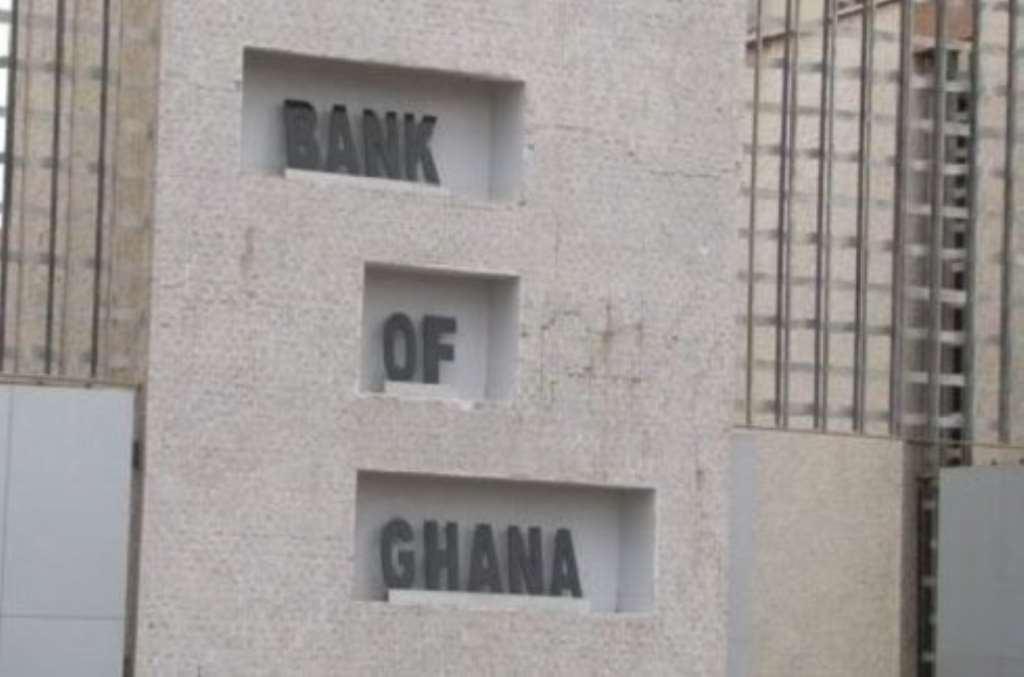The Bank of Ghana (BoG) as part of measures to increase financial literacy in the country has now taken financial education to the doorstep of churches and mosques.
This is to help create awareness of happenings in the financial sector and also help inform the public about the activities and role of the central bank.
Speaking at its maiden edition at the St Paul Roman Catholic Church at New Town, the Head of Market Conduct, Financial Stability Department of the BoG, Mr Innocent Asamoah, said the business of money was an important thing and must therefore be regulated, hence the establishment of the BoG.
He advised the public to ensure that any financial institution they deal with is regulated by either the BoG, or any of the three financial institutions regulators; the National Insurance Commission, the Securities and Exchange Commission, and the National Pensions Regulatory Authority.
“As a customer, the first thing you need to know when you enter any bank branch is to make sure that, the institution is licensed. The institution is to have their license from the BoG pasted on the wall so look around and if you don’t see it, you have the right to ask them.
“If you suspect that they are not licensed or you are in doubt, you can report to the BoG for verification,” he stated.
Read; Bank of Ghana to pilot digital Cedi in September - Deputy Governor
Protecting interest of customers
Mr Asamoah, also noted that the BoG was clothed by the Banks and Specialised Deposit Institution Act, 2016 (Act 918) to protect the interest of customers.
“At BoG, we have Act 918 which authorises us to ensure that the interest of customers and consumers are well respected in all the banking processes and we have been tasked to put in measures to do so.
“To do that, we have outlined two directives which include recourse mechanisms which gives the customer the right to complain and be heard. So that power is given to the customer and you must therefore take advantage of that,” he stated.
He said the BoG also had the social and transparency of products and services directive which states that before a financial institution gives any customer a product, it must educate the customer first about the product.
“These two key directives are what we work with,” he said.
Report to appropriate regulator
A Staff at the Financial Stability Department of the BoG, Mr Franklin Mensah, also re-emphasised that the financial sector had four regulators and therefore urged the public to take note of that and report their grievances to the appropriate authorities.
“Bog does not regulate all the financial institutions. We only regulate banks, savings and loans, rural banks, microfinance, forex bureaus, finance house and credit bureaus,” he noted.
“During your transaction with a bank, should there be a problem, you have the right to complain. You can first complain at the bank and if your complain is not resolved, you can take it up to the BoG. If you are still not happy with the resolution from the bog, then you can take it up to the court,” he explained.
He however cautioned the public that if they take it to court straight away, then it means they cannot come back to the BoG with the same case.
Bounced cheques
Mr Mensah also cautioned the public not to issue cheques when they know there is no money in their account.
“The moment you do that, you are issuing a bounced cheque and there are penalties for doing that. If you issue a cheque and it bounces, the bank will warn you and if within three years, you do it for a second time, your name will be sent to the BoG. And if you do it again within that three years, your cheque book will be taken away from you, your name will be published in the newspapers, and you will be banned from doing business in the bank.
“So it’s a serious offense to issue bounced cheques,” he cautioned.
